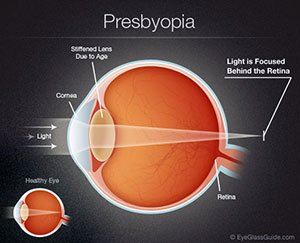Did you know that the addiction treatment market is expected to reach nearly $14.46 billion in 2030? This statistic shows the prevalence and severity of addiction in our society.
Addiction affects not just the individual but the entire family. It can create a sense of helplessness, confusion, and even anger among family members. This is where addiction intervention strategies come in.
This article will provide you with the top 6 effective addiction intervention strategies for families. Read on to learn more and help your loved one on the path to recovery.
1. Educate Yourself
The first step in any addiction intervention is educating yourself about the disease of addiction. Understand the signs, symptoms, causes, and treatment options available. This will help you approach your loved one with empathy and understanding.
Educating yourself will also help you set realistic expectations for your loved one’s recovery. This will prevent disappointment and frustration.
You might also want to learn about benzodiazepines addiction. This type of addiction is particularly dangerous and requires specialized treatment.
2. Seek Professional Help
Addiction is a complex disease that requires professional help to overcome. Seeking guidance from a therapist can benefit your loved one’s recovery journey.
A professional can provide you with personalized advice and support throughout the intervention process. They can also offer coping strategies for both the individual and family members.
3. Create a Support System
One of the most effective intervention techniques is creating a support system for your loved one. This can include family members, friends, and even support groups.
Having a strong support system can provide your loved one with motivation and encouragement. It also helps them feel less isolated and alone in their recovery journey.
4. Practice Open Communication
Communication is crucial when it comes to addiction intervention. Be honest and direct with your loved one about your concerns and the impact their addiction has on the family.
Avoid blaming or shaming language, as this may cause resistance from the individual. Instead, express your love and concern for their well-being. This can help create a safe and supportive environment for open communication.
5. Set Boundaries and Consequences
It’s important to set boundaries and consequences with your loved one during an intervention. This allows them to understand the severity of their addiction and the impact it has on others.
Be firm but compassionate when setting these boundaries. Follow through with consequences if they are not respected. This can help motivate your loved one to make positive changes.
6. Show Unconditional Love and Support
Show your loved one unconditional love and support throughout their recovery journey. Let them know that you are there for them no matter what.
Recovery is not a linear process and there may be setbacks along the way. It’s important to continue showing your love and support even during difficult times. This can help motivate your loved one to keep moving forward towards a healthier life.
Addiction Intervention Strategies: Helping Loved Ones Recover
Addiction intervention can be a challenging process for both the individual and their family. However, using the intervention strategies above can increase the chances of a successful recovery.
Remember to always approach your loved one with empathy, understanding, and unconditional love. Together as a family, you can overcome this disease and support our loved ones towards a brighter future.
Discover more tips and insights on our website. Expand your knowledge by exploring our other articles today!





